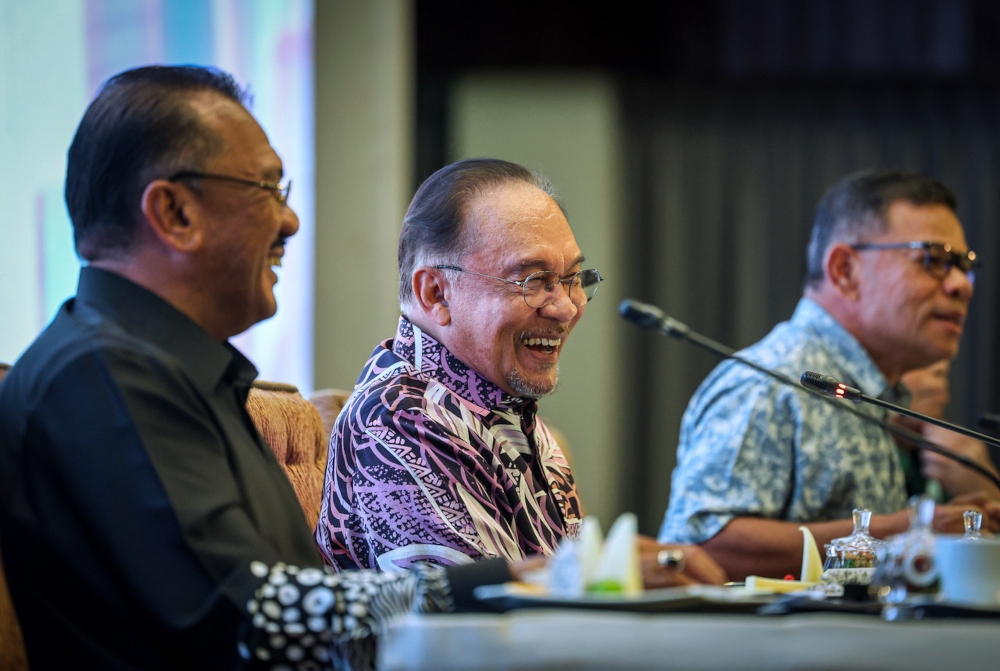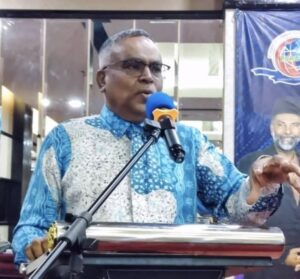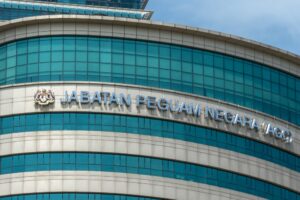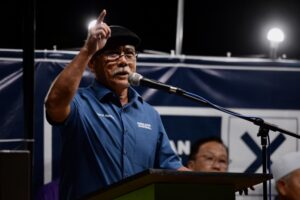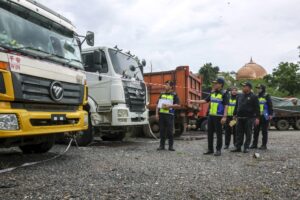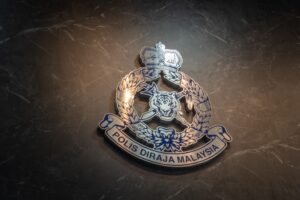KUALA LUMPUR, Oct 1 — The government is targeting to clean up all forms of abuse of power and the “mess” caused by corruption, within the next two to three years, especially involving “big sharks” or high-profile individuals.
Prime Minister Datuk Seri Anwar Ibrahim said this commitment requires uncompromised strictness towards any party involved, whether they are a Minister, a Chief Secretary, a Director-General, or those who have retired.
“I think that if possible, within two or three years, we clean up the mess. The message is clear. Whether you are a minister, a KSU, a KP, if misconduct is spotted, we’ll go after you. Not today, tomorrow. Not tomorrow, next year. Even if you are retired, if we find evidence from when you were in power, we’ll go after you.”
“I believe that if in two or three years, we try… and it was proposed earlier that if we want to further strengthen the Royal Malaysia Police or other enforcement bodies, I have no objection,” he said during the Madani Malaysian Intellectuals Forum (FIM) Series 8, which featured the topic “Integrity and National Leadership: Commitment and Holistic and Systemic Reform,” last night.
Anwar also touched on the challenge of fighting high-profile corruption, which he described as more difficult than low-profile cases because the individuals dubbed “big sharks” possess vast resources and influence, including among the media and political leadership.
However, the prime minister said action against ikan bilis, or low-profile perpetrators, will also not be neglected, and the cleanup efforts will continue despite facing resistance.
“If you look at the priority I’ve given to the Malaysian Anti-Corruption Commission (MACC), it’s the ‘big sharks’ first. But that doesn’t mean we should let the ikan bilis to roam around until they become too big,” he said.
At the same time, Anwar also questioned the attitude of some Members of Parliament who appear to remain silent, and even defend corrupt perpetrators despite evidence of billions of ringgit in wealth being illegally accumulated.
He stated that his past experience of being imprisoned, beaten, and humiliated is not a big issue, but he stressed that the act of stealing the nation’s wealth is a form of hypocrisy that cannot be forgiven.
“The issue of me being imprisoned, the issue of me being beaten, humiliated — I don’t make that an issue. I can forgive that. But stealing from the country, billions, that is, honestly, hypocrisy.”
“If there is evidence, it’s up to the MACC to investigate, and the judge to decide. It’s not my business. My business is that the money taken and the billions (of ringgit) in illegal wealth amassed must be returned to the people,” he said.
Meanwhile, Anwar also stressed that institutional reform cannot be implemented halfway, but instead requires efforts to enlighten the people, grounded in values, knowledge, and an understanding of leadership responsibilities.
Earlier, Anwar moderated the Malaysian Intellectuals Forum (FIM) Series 8 held at the Malaysian Institute of Integrity (IIM), here.
The forum featured panelists including Home Minister Datuk Seri Saifuddin Nasution Ismail, IIM Chief Executive Officer Datuk Ahmad Ramdzan Daud, and Professor Emeritus from Universiti Kebangsaan Malaysia (UKM) Prof Emeritus Datuk Dr Abdul Rahman Embong.
During the forum, Anwar listened to the views of the panelists and attendees regarding the need for holistic and systemic reform to strengthen the value of integrity in leadership, especially in tackling issues of governance, abuse of power, and corruption.
The FIM, organised by the Ministry of Higher Education (KPT), serves as an interactive platform to discuss challenges and strategic approaches toward reinforcing national leadership based on integrity values, and is part of the Malaysia MADANI approach that elevates the role of knowledge and open discourse in shaping national policy and comprehensive development. — Bernama
